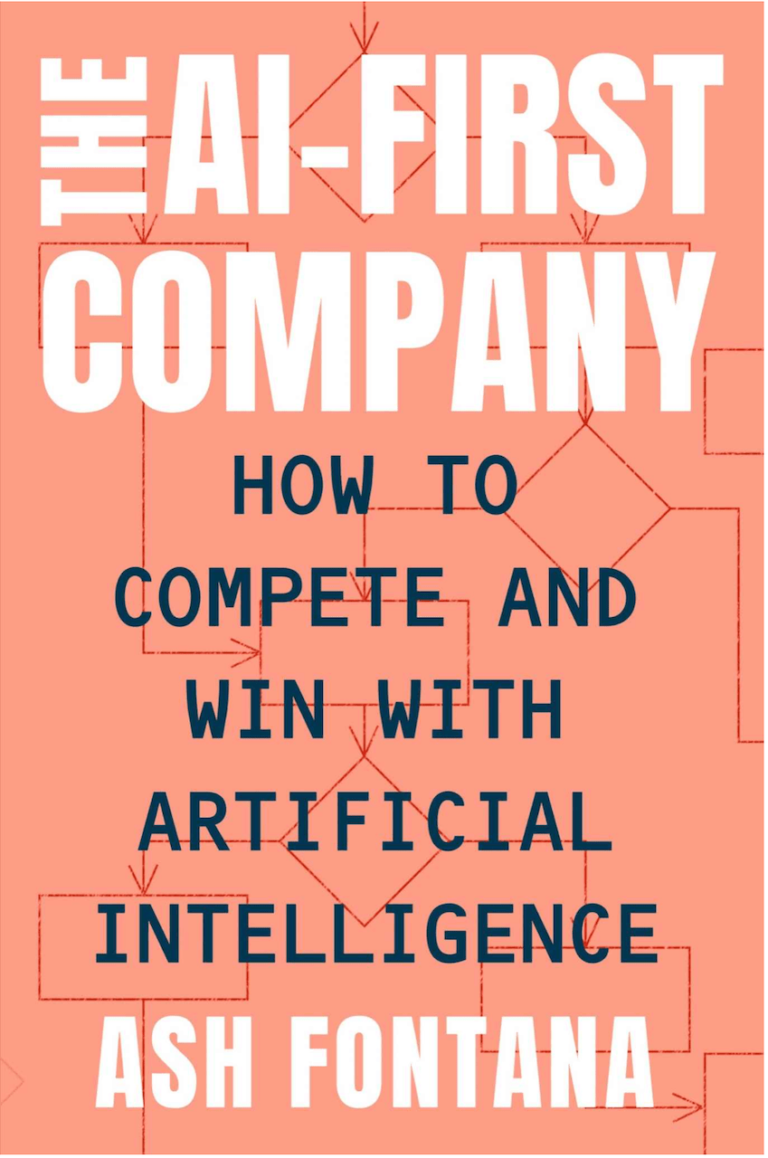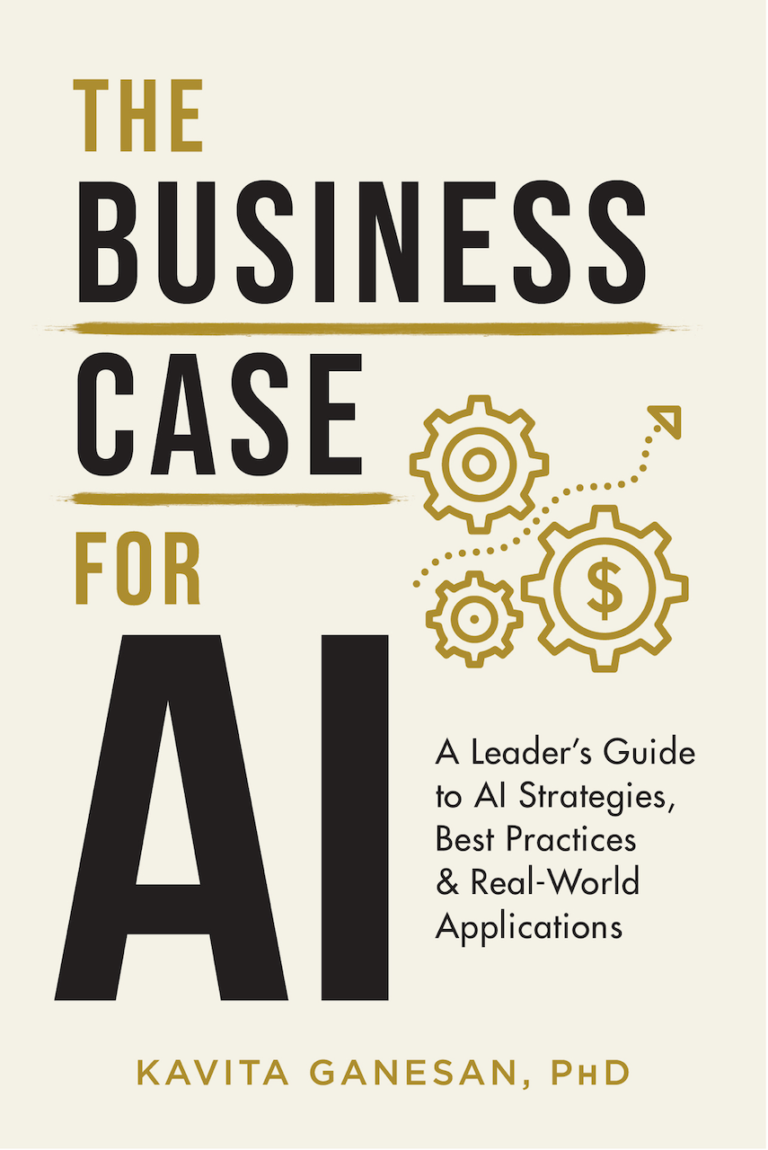Auto-generate technologies and models have found applications in real estate market sales prediction to forecast property prices, market trends, and buyer behavior. While it’s challenging to provide an exhaustive list, here are some commonly used technologies and models in this domain:
- Machine Learning Regression Models: Various machine learning algorithms, such as linear regression, decision trees, random forests, and gradient boosting, are employed to predict property prices based on historical sales data, location attributes, property features, and market indicators. These models can analyze large datasets and capture complex relationships to generate accurate price predictions.
- Time-Series Analysis: Time-series analysis techniques are utilized to forecast real estate market trends and predict future sales volumes. These models consider historical sales data, seasonal patterns, economic indicators, interest rates, and other relevant factors to estimate market demand and sales activity over time.
- Geospatial Analysis: Geospatial analysis combines property data with geographic information system (GIS) technology to derive insights from location-specific factors. It helps identify property value patterns, neighborhood characteristics, proximity to amenities, transportation accessibility, and other location-based influences on real estate sales.
- Sentiment Analysis: Sentiment analysis techniques analyze social media feeds, online reviews, and other textual data to gauge public sentiment and opinions about real estate markets. This information can provide insights into buyer preferences, market perceptions, and potential impact on property sales.
- Automated Valuation Models (AVMs): AVMs utilize data-driven algorithms to estimate property values based on various factors such as historical sales data, property characteristics, market trends, and comparable property information. These models can quickly provide property valuations, aiding in pricing decisions and property market analysis.
- Market Simulation Models: Market simulation models simulate real estate market dynamics and buyer behavior to predict sales volumes and assess market conditions under different scenarios. These models consider factors like supply and demand dynamics, economic factors, demographic trends, and policy changes to project sales outcomes.
It’s important to note that the effectiveness and accuracy of these technologies and models depend on data quality, the availability of relevant market data, the specific real estate market being analyzed, and the expertise of professionals utilizing them. Additionally, local market dynamics, regulatory factors, and economic conditions play significant roles in real estate sales predictions.

Here are some specific examples of auto-generate technologies and models that have been applied in real estate market sales prediction:
- Zillow’s Zestimate: Zillow, a popular online real estate marketplace, utilizes its proprietary algorithm called Zestimate to estimate property values. Zestimate incorporates various factors like property features, historical sales data, market trends, and location attributes to provide automated valuations for millions of homes across the United States.
- HouseCanary: HouseCanary is a real estate data analytics company that leverages machine learning models to predict property values and market trends. Their models analyze vast amounts of property and market data to generate accurate valuations and insights for investors, lenders, and real estate professionals.
- Redfin: Redfin, a real estate brokerage firm, employs machine learning algorithms to provide price estimates for homes on its platform. Their algorithm considers factors like property details, historical sales data, and local market conditions to generate automated price estimates that help buyers and sellers make informed decisions.
- Reonomy: Reonomy is a commercial real estate data platform that utilizes machine learning and data analytics to provide insights and predictive analytics for commercial property sales. Their models analyze property data, market trends, and transaction history to forecast sales volumes and identify investment opportunities.
- CoreLogic: CoreLogic offers various data-driven solutions for real estate market analysis and prediction. Their models incorporate data on property attributes, market trends, economic indicators, and consumer behavior to provide forecasts on property prices, market trends, and sales activity.
- ATTOM Data Solutions: ATTOM Data Solutions provides real estate data and analytics services, including predictive modeling for property sales. Their models combine property data, market trends, and economic factors to generate predictions on property sales volumes and pricing.
These examples demonstrate how auto-generate technologies and models are employed by industry-leading companies to assist in real estate market sales prediction. However, it’s important to note that real estate markets can be highly localized, and the effectiveness of these technologies may vary depending on the specific market being analyzed. Local expertise and market knowledge remain essential for accurate real estate sales predictions.


















+ There are no comments
Add yours